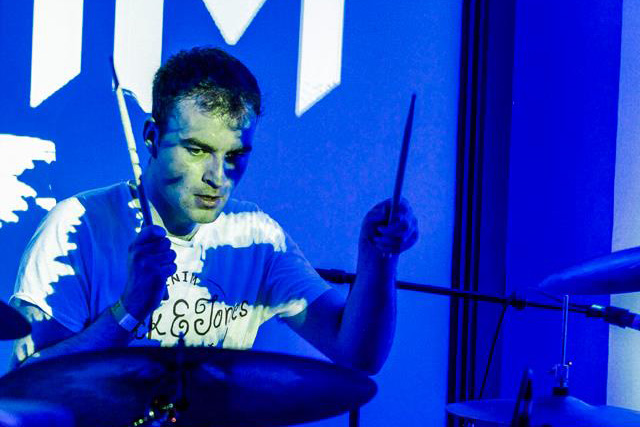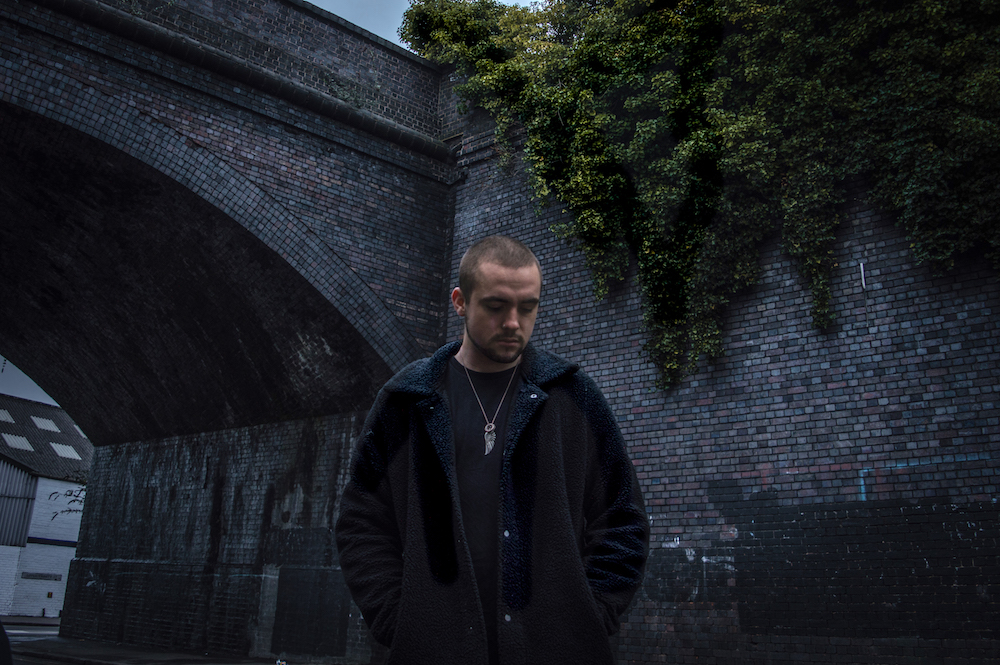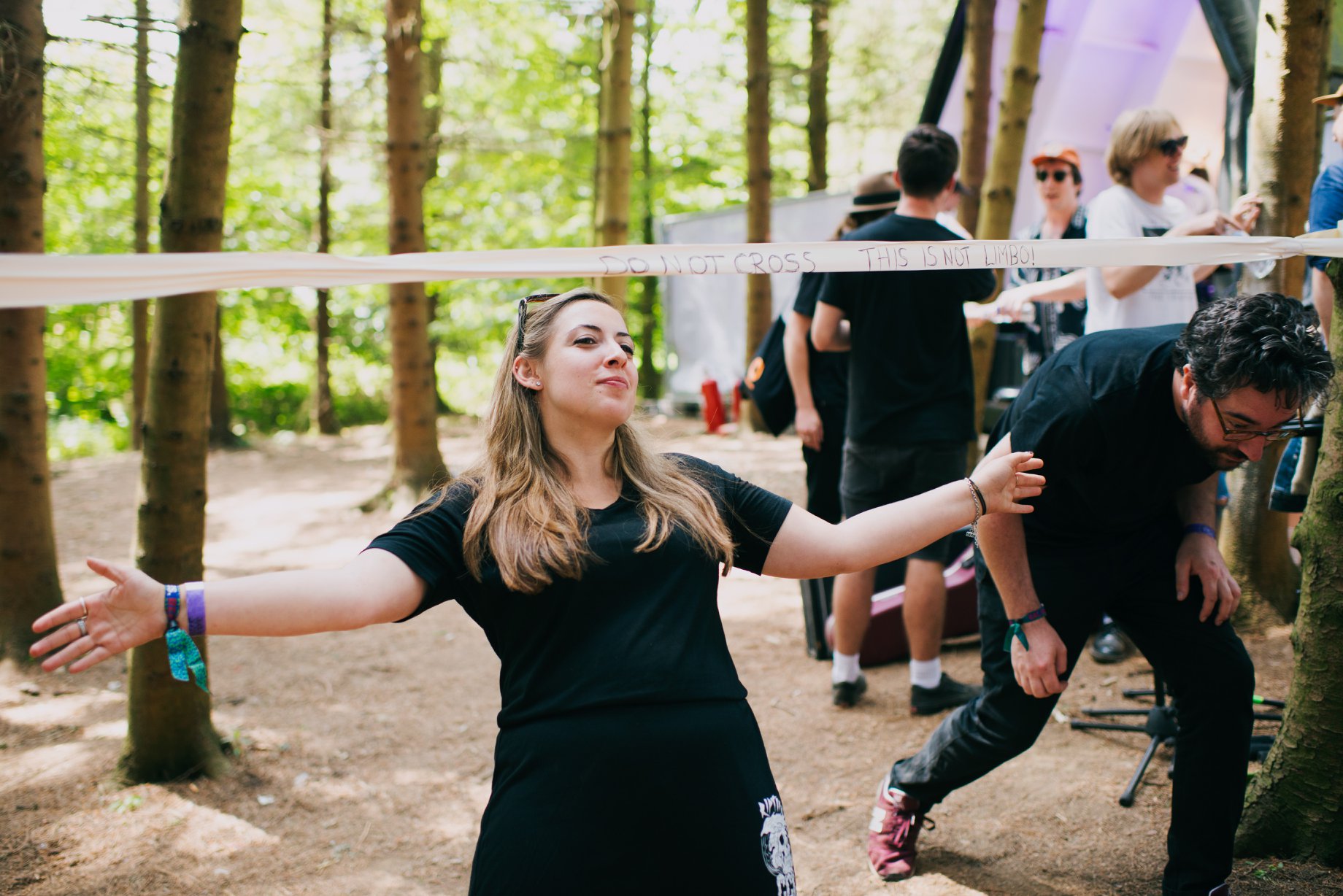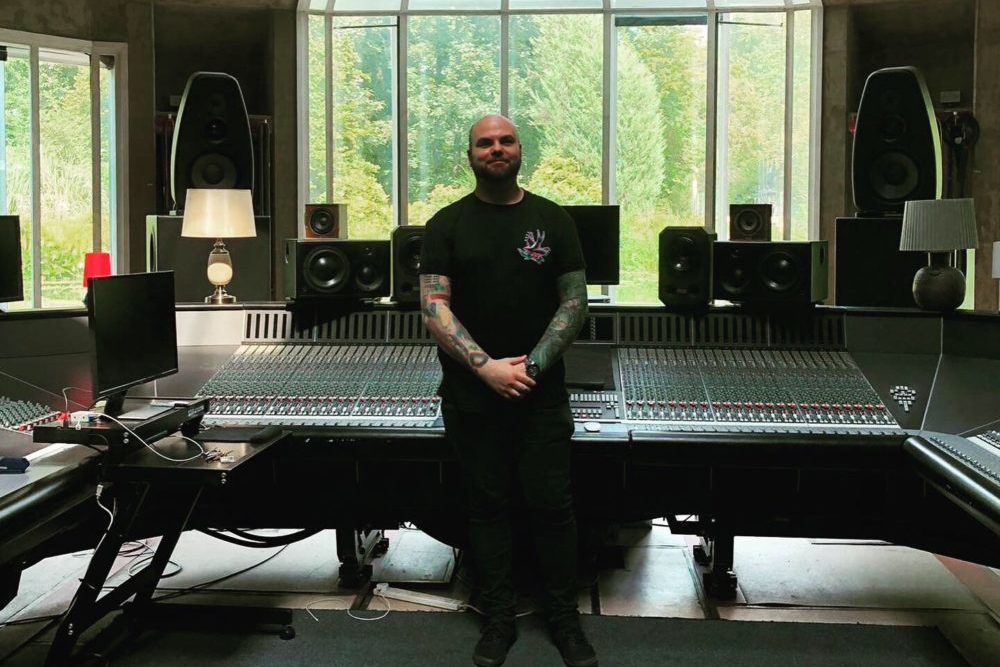My name is Luke Dunne. “I’m sorry, what’s your name again?” If anybody knows me or encounters me on a first occasion, this is a phrase you’ll more often than not hear from me. Don’t be fooled, it’s not that I’ve forgotten your name; it’s just that my brain takes longer to adapt and to process information. In common terms, this is related to muscle memory – the amount of brain power it takes for the body to accept and retain information. Somewhere between the body and the brain, a little voice refuses to let the physical mechanics of the human body be transferred to the mind.
That voice in question is called Dyspraxia. At 15 years of age I was diagnosed with this disorder; a human disability which affects fine motor skills in both a physical and mental capacity. Suddenly, years of bumping into things, losing balance easily, and the inability to tie my shoelaces made sense. In short, Dyspraxia is the schoolyard bully who threatens you and won’t go away. You can do everything physically possible to try and get rid of it, but at the end of school term, he’ll still be waiting outside your classroom, watching and mocking every step (or trip) you make.
But there’s one thing you can do, and that’s refuse to be defined by it. Over the course of my life, I’ve learnt to accept this condition as part of me and embrace it, neither hating it nor fearing it. (The term ‘Love your Enemy’ comes to mind).
At 18 years of age, I’d completed my Leaving Cert (exams in Ireland) with hopes to study music at BIMM Dublin. Unfortunately, at the time I didn’t have enough subjects or points to get onto the course. But instead of wallowing in self pity, with hopes of what could have been, I took two years to complete two Post Leaving Certificate courses. After the first year, I was overwhelmed with joy to have been accepted onto the BIMM BA (Hons) in Commercial Modern Music course, studying drums, but decided to defer my place for another year because I wanted to spend more time learning and preparing for what I knew would be the course of a lifetime.
The moral of this story is that you can achieve anything you want in life. If one door refuses to open, then you kick down five other doors until one of them opens. This story is not just about me; it’s for anyone who has Dyspraxia or any other disability/illness and dares not to be intimidated by it.
Five years have now passed since that confirmation letter was anxiously opened and it’s been four years since my arrival at BIMM. I got to study on a course which I’d describe as ‘Willy Wonka and the Chocolate Factory’ meets ‘School of Rock’. BIMM’s not just a college; it’s a social hub where like-minded people can create and perform music, guided and examined by music industry Jedi.
I must stress, however, that it did take a while for the jigsaw to fall into place for me. When studying in my first year, I’d take naps after college, still overwhelmed by the amount of information and new experiences being shared. There are concepts within drumming that I’ve only started to understand now, after four years. Dyspraxia, by nature, can impose various amounts of challenges for drummers. Hand coordination and muscle memory are just two.
My main piece of advice for people with Dyspraxia who want to persue BIMM comes from American session drummer and educator, Mike Johnston: “Embrace the suck”. Don’t be afraid to admit that you’re struggling, whether it’s in college or at home. Speak up and talk to those who care – your tutors, Principal and friends are all there to help you. It took at least three years for me to join a stable and gigging band where I felt comfortable and confident to perform music.
It’s absolutely okay to feel intimidated when you first start at BIMM, as meeting new people can be both daunting and scary. But the only way to overcome this is to immerse yourself in every aspect of college. Talk to people, book tutorials with as many tutors as you can, go to the End of Term gigs, hang out in the Common Room, practice and work on your craft every day, and when that little voice or schoolyard bully comes back to challenge you, stop and breathe for a second, speaking these words loud and clear: “I am more than good enough and I will not be defined by anyone but myself.”
The lifelong journey of music is never-ending and it’ll have its ups and downs, but every wrong turn, blind alley and crossroad we encounter is what makes us who we are. Music makes my heart and soul beat, but BIMM has made it groove.



